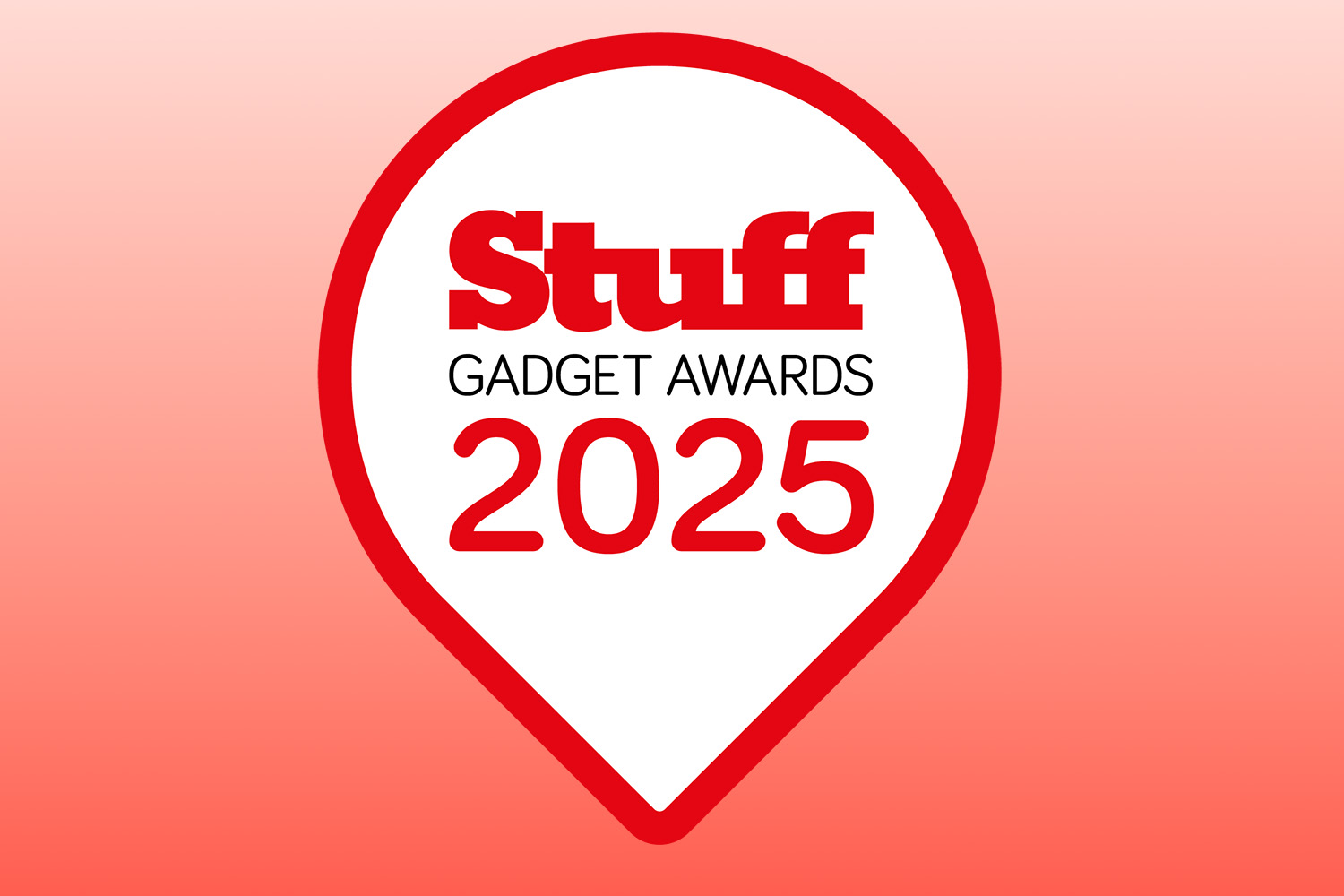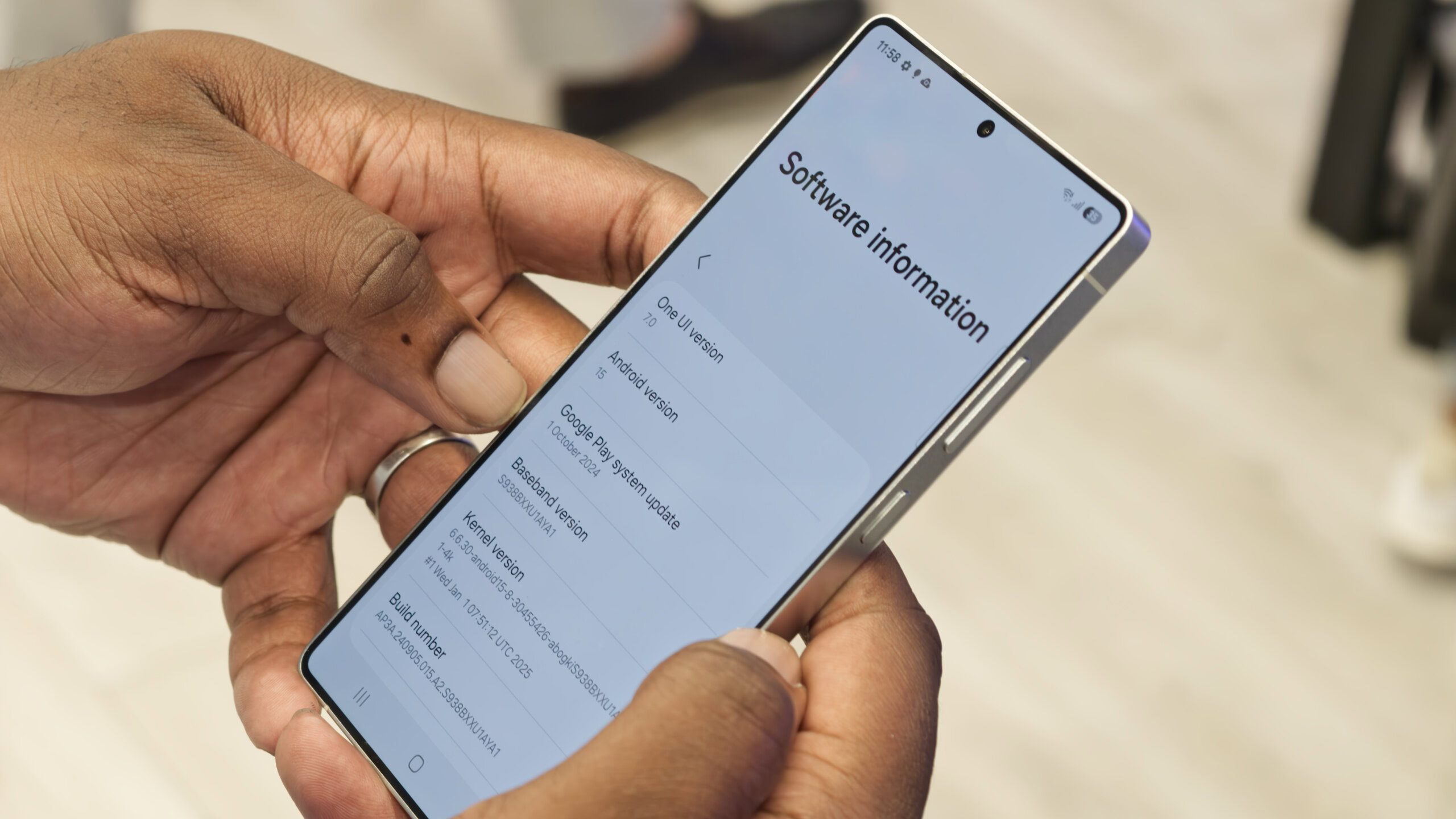Microsoft announced in October 2025 that its Azure DevOps MCP Server, a local Model Context Provider designed to bring richer context to AI assistants like GitHub Copilot, has exited public preview and become generally available. The announcement appears in Microsoft’s Azure DevOps blog, highlighting enhancements made following feedback from early adopters.
The MCP Server allows Copilot and other agent tools to interact with Azure DevOps artifacts, such as work items, pull requests, builds, test plans, and wikis- without exposing private data externally. Running locally or within the organization’s network, it bridges the AI assistant and Azure DevOps services under secure conditions.
With general availability, Microsoft notes improvements in authentication, authorization, and tooling. They’ve introduced domain-scoping for active tools to stay within client limits, added refinements to login flows, and tuned internal APIs based on preview insights. The MCP Server remains open source, and the official GitHub repo now includes expanded documentation, error handling tweaks, and a more comprehensive feature set.
Microsoft frames this launch as a pivotal step in delivering “agentic AI” capabilities inside development environments. With MCP fully supported, Copilot (in agent mode) can ask or act on DevOps context directly from Visual Studio or Visual Studio Code – navigating backlog items, summarizing sprint status, creating or updating work items, or linking pull requests, without leaving the IDE.
The shift to GA also signals Microsoft’s confidence in this architecture as a foundation for future AI-native development tools. Having addressed gaps encountered in preview, the team now focuses on broader product integrations, deeper Azure service support, and further alignment with AI agent frameworks.
The Azure DevOps MCP Server enables AI-powered tools (such as GitHub Copilot Chat) to interact directly with Azure DevOps artifacts like work items, pull requests, builds, test plans, and wikis, while keeping data inside the organization’s network. Microsoft’s announcement emphasised enhancements in authentication, authorization, and tooling now that the offering has graduated to general availability.
By comparison, GitHub’s MCP Server is designed to connect Copilot (and other MCP-compatible hosts) to the GitHub platform, allowing natural-language access to repositories, issues, pull requests, and metadata. GitHub’s documentation notes that MCP enables agents to automate tasks such as listing open issues or fetching repository details through a standardized interface.
In short, both platforms provide MCP servers to bridge AI assistants with development platforms, but the key differences are their target ecosystems: Microsoft’s version is tied to Azure DevOps and is focused on enterprise-owned, on-premises, or network-island installations, whereas GitHub’s version is tightly integrated with GitHub’s SaaS platform and focuses on repository-centric automation and context.









